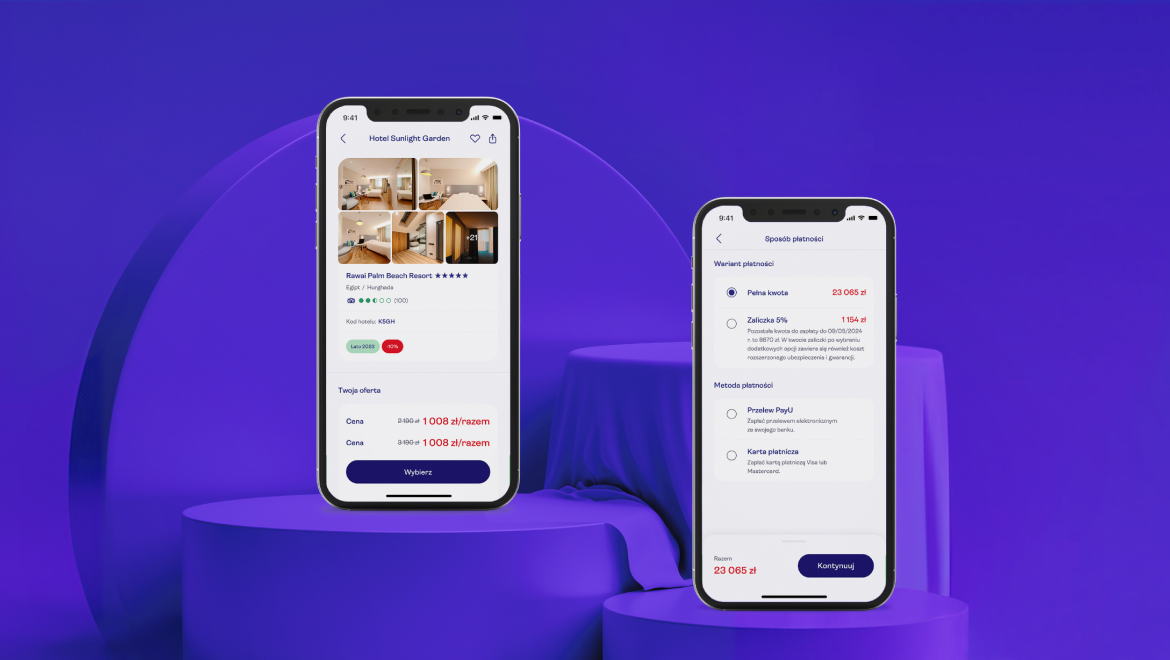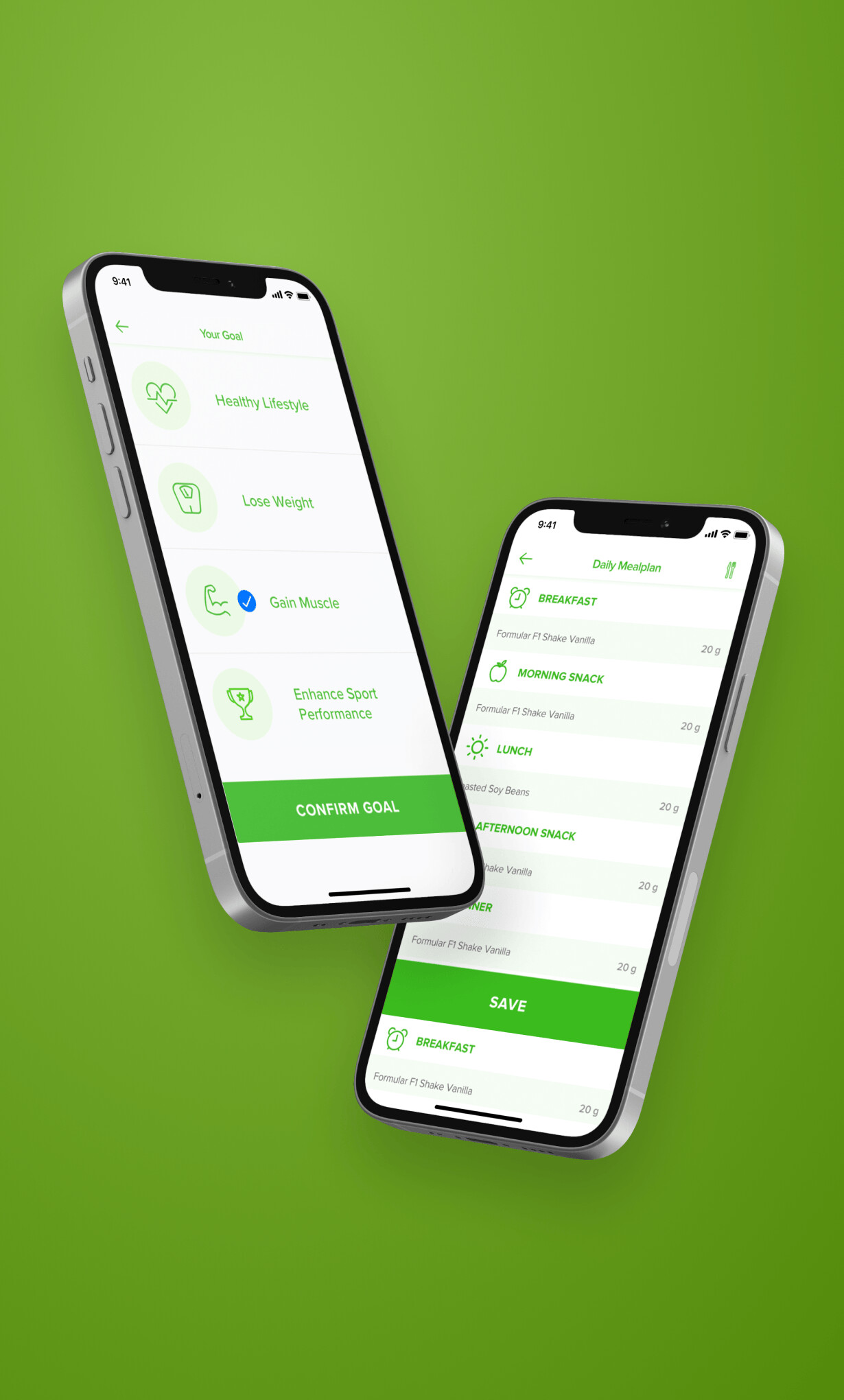How much does it cost to develop an eCommerce app?
There is no one fixed price for developing eCommerce development solutions. The cost varies from factors such as:
• The scope of your project: Including the amount and complexity of the app’s features. Enterprise ecommerce development, custom eCommerce software development and tailor-made features, like AR shopping try-on or AI-based recommendation systems, might significantly increase the overall development cost. Therefore, you should always take advantage of the product discovery phase: a deliberate choice of the app’s core features is critical to the efficiency and profitability of your eCommerce app.
• The choice of eCommerce app development platform: Depending on your customers’ needs, you can go for native Android, iOS, or cross-platform development. Developing one native application is usually cheaper than creating a cross-platform solution. However, cross-platform frameworks (such as Flutter or React Native) allow brands to use the shared codebase to quickly develop, scale and effortlessly maintain multiple Android, iOS, web and desktop eCommerce apps. In other words: if you plan to reach wider audiences faster and cheaper, cross-platform might be a way to go.
• eCommerce app testing, post-delivery maintenance and technical support: Remember to include testing, maintenance and technical support in the development budget. These three steps are essential for your users’ satisfaction and hence, sooner or later, will affect your business growth. Ensure easy-to-maintain, effortless UX/UI solutions, good technical documentation, thorough QA testing, and keep technical debt under control at all times.
How long does it take to build eCommerce software?
Again, the timeline of the eCommerce software development process depends on the scale and complexity of our client’s vision. Miquido is a fully agile company, meaning that we always adjust our processes to your needs. If you develop eCommerce software with our team from scratch, it is safe to assume a similar methodology and time frames:
• Workshops (1 day – 5 weeks): Depending on the clarity of your idea, you can choose from 4 types of Miquido workshops: product discovery or MVP definition workshops (1-2 days), design sprint (5 days) and complex product bootcamp to build the eCommerce app from scratch (4-5 weeks).
• UX/UI Design (4 – 6 weeks): Usually, the design phase at Miquido covers the stages such as defining the product scope, preparing the design system, design validation and smooth handoff to the production team.
• Development (3 – 5 months): At Miquido, we aim to deliver your eCommerce software’s minimum viable product (MVP) within 3-5 months.
Of course, any unplanned changes, a non-standard size of the application, or team outsourcing may cause a delay in your scheduled app development time. If you want to learn more about
how long it takes to develop an app, please read our article.
When should I outsource eCommerce app development?
Outsourcing eCommerce development services can be an excellent option for businesses that lack the resources or expertise to build their in-house development team. Here are some situations when hiring an eCommerce app development company can also be a good choice:
• Time constraints: Developing an eCommerce app from scratch can take a lot of time and effort, which may not be feasible for businesses with tight deadlines.
• Cost constraints: Building an in-house team can be costly, especially if you need to hire eCommerce developers.
• Need for flexibility: Outsourcing usually is more flexible as you can hire developers for the project’s duration only.
• Access to the latest technologies: Outsourcing allows you to access the latest technologies, tools, and techniques that may not be available to you in-house.
Ultimately, the decision to outsource eCommerce app development depends on your business needs, budget, and timeline.
Which technologies are used in eCommerce?
eCommerce is a diverse industry that covers many target groups and business models, such as B2B, B2C or marketplaces. The specific technologies used in eCommerce vary depending on the business’s size or the company’s needs and goals and include:
• eCommerce platforms: Shopify, WooCommerce, Magento, and BigCommerce
• Payment gateways: PayPal, Stripe or Square
Customer Relationship Management (CRM) systems: Salesforce, HubSpot
• Analytics tools: Google Analytics, Kissmetrics, and Mixpanel
• Marketing automation tools: HubSpot, Marketo, and Pardot
Artificial Intelligence (AI) and Machine Learning (ML): IBM Watson, AWS AI services, and Google Cloud AI
• eCommerce mobile app development frameworks: React Native, Flutter, Swift, Kotlin.
What AI solutions can I implement into my eCommerce software?
AI and enterprise eCommerce development solutions should prioritise improving the customer experience, optimising sales, and streamlining user journeys. The worth to mention examples of AI solutions for eCommerce are:
• Personalised recommendation engines: AI algorithms, such as Amazon Personalize or Dynamic Yield, analyse customer behaviour and purchase history to improve customer satisfaction and sales
• Chatbots: AI-powered chatbots provide instant customer support, answer frequently asked questions, and assist with product search and checkout
• Fraud detection: AI algorithms can identify and prevent fraudulent transactions, help reduce chargebacks, and protect the business from financial losses
• Predictive analytics: AI tools like IBM Watson Analytics or DataRobot can analyse customer behaviour and historical data to predict future demand and optimise inventory management or pricing strategies.










